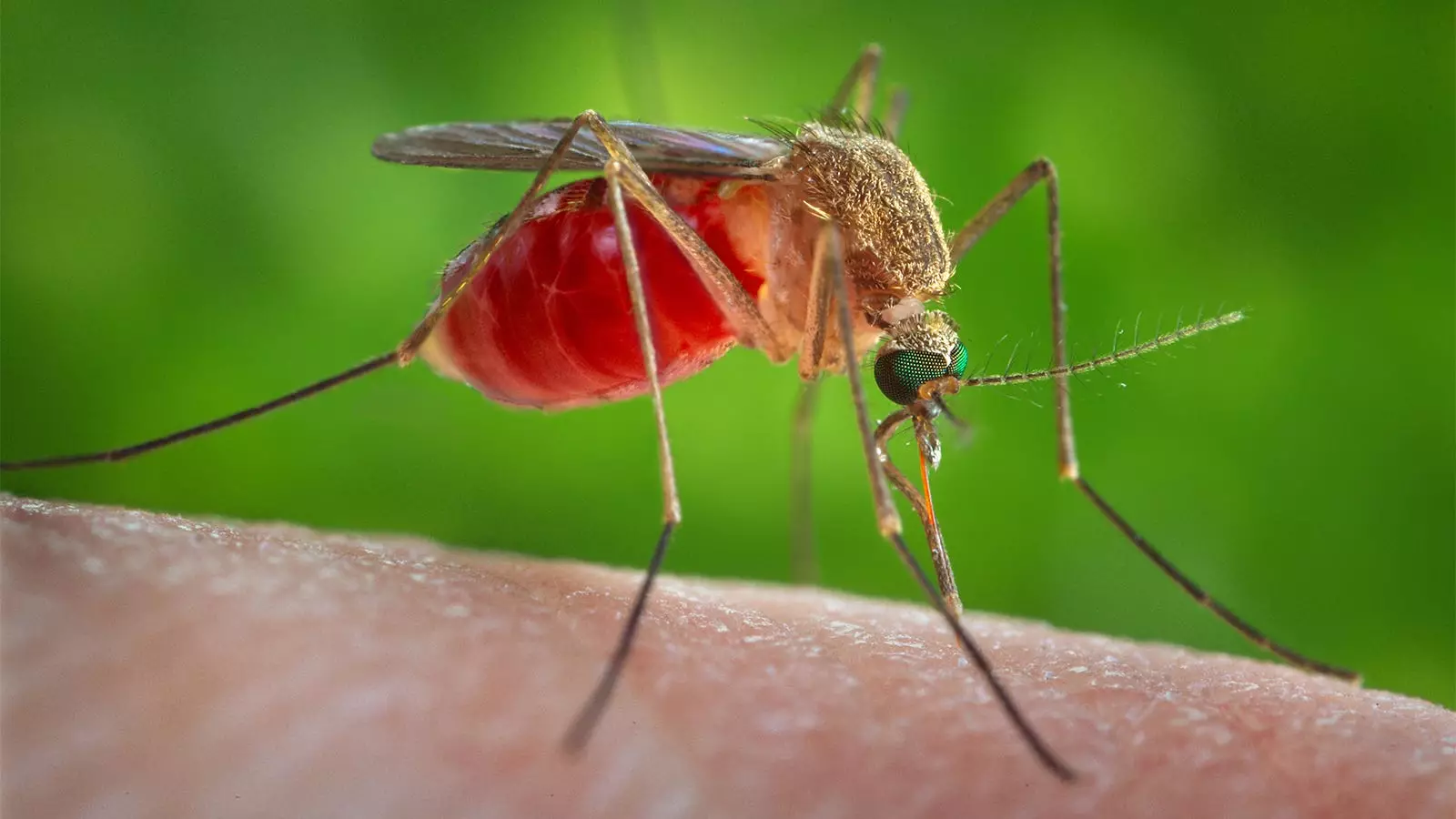There has been a recent surge in cases of the Oropouche virus among travelers returning to the U.S. from Cuba. This virus, also known as sloth fever, has infected more than 20 individuals, raising concerns among health officials. While there have been no reported deaths from the virus in the U.S., the Centers for Disease Control and Prevention (CDC) is urging doctors to be vigilant and watch out for symptoms in travelers from Cuba and South America.
Understanding Oropouche Virus
Oropouche virus is a pathogen that is typically found in forested tropical regions. It was first discovered in 1955 in a forest worker on the island of Trinidad. The virus gets its name from a nearby village and wetlands. Initially referred to as sloth fever, researchers linked the virus to a three-toed sloth and believed that sloths played a key role in transmitting the virus between insects and animals.
The virus is primarily transmitted to humans through small biting flies known as midges, as well as certain species of mosquitoes. Humans usually contract the virus while spending time in forested areas and inadvertently help in the spread of the virus to urban areas. While person-to-person transmission has not been confirmed, the virus has managed to make its way to towns and cities through infected individuals.
Recent outbreaks of the virus have been reported in various parts of South America, including Brazil, Bolivia, Colombia, Cuba, and Peru. The CDC has confirmed 21 cases in the U.S., with the majority of cases originating from travelers who visited Cuba. Additionally, European health officials have identified 19 cases among travelers who returned from affected regions. The virus has also been detected in regions of the Caribbean.
Symptoms of Oropouche virus infection mimic those of other tropical diseases like dengue, Zika, and malaria. Common symptoms include fever, headaches, muscle aches, and in some cases, gastrointestinal issues and skin rashes. Severe cases can lead to complications such as bleeding, meningitis, and encephalitis. Unfortunately, there are no specific vaccines or medications available to prevent or treat the virus, making it a cause for concern.
Concerns and Recommendations
Health officials in Brazil are investigating the possibility of vertical transmission of the virus from pregnant women to their fetuses, reminiscent of the Zika outbreaks experienced in recent years. In light of these developments, the CDC has advised pregnant women to avoid unnecessary travel to Cuba and recommended all travelers take precautions to prevent insect bites, including using insect repellents and wearing protective clothing such as long-sleeved shirts and pants.
The Oropouche virus poses a significant threat to travelers visiting affected regions. It is crucial for health authorities and individuals to remain vigilant and take necessary precautions to prevent the spread of the virus. Further research and collaborative efforts are needed to better understand the virus and develop effective strategies to combat its transmission.


Leave a Reply